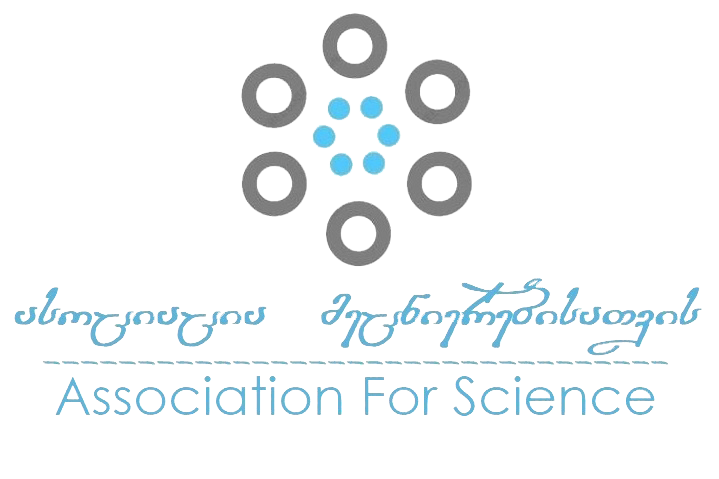For the Problem of Relationship Between Linguistic and Literary-Compositional Aspects of Poetics in Classical Narrative
DOI:
https://doi.org/10.52340/sou.2023.21.22Keywords:
Poet, Artistic Narrative, Compositional Form, Literary-Com-positional Aspects, Linguistic Means, Plot StructuringAbstract
The article deals with the problem of on the functioning of the compositional form, „delineation” in the exposition of a classical narrative text. The author’s conclusion shows that there is a contradiction shows that there is a contradiction between the function „characterization”, performed in exposition and its function as its function defined linguistically.
As we know, the speech-form is understood as a linguistic form through which „actual perception, selection and evaluation of reality“ takes place. The connection of the three aspects of the artistic narrative text is derived from the relationship of the artistic narrative with the aspect named in the work.
Naturally, narratology integrates certain aspects of the artistic text and we ask the question of how to integrate the data of literary studies and linguistics in the process of researching the artistic text. An interdisciplinary approach to the study of artistic narrative involves the study of how the role of linguistic means should be in the case of structuring a narrative plot, when in the introduction of the work, the character is presented to the reader, through characterization.
We conclude from the paper that within the framework of the exposition of the artistic narrative, we find the inversion of the function of the speech-compositional form, which linguistics informs us about.
References
Bessmertnaja (1979): N. Bessmertnaja, E. Wittmers, Uebungsbuch zur Textlinguistik (Einfache Komunikationsformen) Moskau;
Илъин (2001): И. Илъин, Наратология in: Литературная Энциклопедия, Москва.



